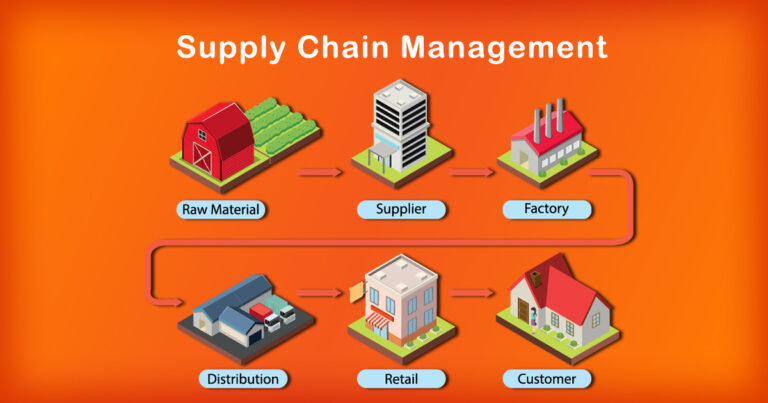Introduction:
In today’s fast-paced business landscape, efficient field service management plays a crucial role in maintaining customer satisfaction, enhancing productivity, and driving revenue growth. Traditionally, managing field service operations involved a multitude of manual tasks, leading to inefficiencies, delays, and increased operational costs. However, with the advent of Computerized Maintenance Management Systems (CMMS), companies in India can revolutionize their field service operations and stay ahead in the competitive market.
In this blog, we delve into the benefits of implementing CMMS in the Indian context and explore how it can optimize field service management while streamlining processes and maximizing asset performance.
1. The Current Scenario of Field Service Management in India
Before delving into the advantages of CMMS, it’s essential to understand the challenges faced by companies in the Indian field service management sector. Traditional approaches to field service often lead to:
Inefficient Resource Allocation:
Manual scheduling of service technicians often results in inadequate resource allocation, leading to idle time for some technicians and overburdening others.
Limited Asset Visibility:
Companies with large and diverse asset portfolios struggle to track the condition and maintenance history of their assets, leading to unexpected breakdowns and increased downtime.
Lack of Real-time Data:
Without real-time data on service requests, technician locations, and work status, decision-making becomes reactive rather than proactive.
2. The Role of CMMS in Improving Field Service Management
CMMS offers an integrated solution that addresses the challenges faced by field service management in India. Let’s explore how CMMS can lead to transformative improvements:
Streamlined Work Order Management:
CMMS centralizes work order management, ensuring service requests are systematically allocated to available technicians based on their skills and locations. This optimization reduces response time and ensures efficient resource allocation.
Enhanced Asset Maintenance:
CMMS allows companies to track asset lifecycles, monitor maintenance schedules, and record historical data. With this information, organizations can implement preventive maintenance strategies, reducing asset breakdowns and increasing their lifespan.
Real-time Data and Analytics:
CMMS provides real-time insights into field service operations, including technician performance, asset health, and response times. Analyzing this data empowers companies to make data-driven decisions, identify areas of improvement, and enhance overall efficiency.
Mobile Accessibility:
CMMS mobile applications enable technicians to access work orders, asset data, and documentation while on the field. This real-time access improves communication, enhances problem-solving capabilities, and accelerates the service process.
3. CMMS Adoption in the Indian Market
The adoption of CMMS in India has been steadily increasing over the past few years, and for good reason. Several benefits make it an attractive investment for companies seeking to improve their field service management:
Cost Savings:
By reducing downtime through preventive maintenance and optimizing resource allocation, CMMS helps organizations save on operational costs and increase overall profitability.
Increased Customer Satisfaction:
Efficient field service management results in quicker response times, minimized service disruptions, and improved asset performance. These factors contribute to higher customer satisfaction and retention rates.
Compliance and Reporting:
In industries with stringent regulations, CMMS assists in adhering to compliance requirements, maintaining detailed records, and generating reports for audits.
Scalability
CMMS can cater to organizations of all sizes and industries, making it a flexible solution that can grow with the business.
4. Case Studies and Success Stories
To solidify the impact of CMMS on Indian field service management, let’s explore some real-world success stories:
ABC Electronics:
With CMMS implementation, ABC Electronics reduced equipment downtime by 40% through timely maintenance and increased first-time fix rates, leading to a 15% rise in customer satisfaction.
XYZ Manufacturing:
By leveraging CMMS analytics, XYZ Manufacturing optimized its spare parts inventory, resulting in a significant reduction in inventory carrying costs while ensuring adequate stock availability.
Conclusion
In conclusion, CMMS has emerged as a game-changer for field service management in the Indian context. Its ability to streamline work order management, enhance asset maintenance, provide real-time data, and improve mobile accessibility sets the stage for greater operational efficiency and customer satisfaction. As more Indian companies recognize the transformative potential of CMMS, it is expected to become an integral part of their business strategies, empowering them to stay ahead in the competitive market and drive success.
By embracing CMMS and the opportunities it presents, Indian businesses can revolutionize their field service operations, laying the foundation for a prosperous and thriving future.








